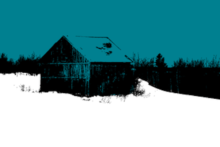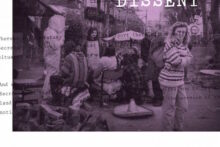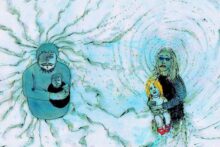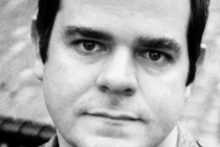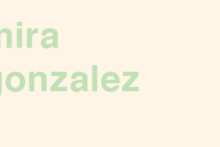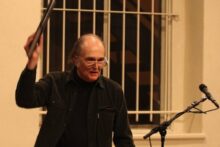


Poetry
Articles 62
New Writing: Timidities By Hannes Bajohr
Published by the ever-excellent Berlin-based Readux as part of their latest set, Hannes Bajohr's Timidities repurposes text gathered from the internet (erotic amateur fiction, BDSM forum posts, and sex advice) to create something that is — at once — powerful, tender, playful and poignant

The Body Poetic: An Interview With Luna Miguel
Emily Berry speaks to Spanish poet, editor and journalist Luna Miguel - via a translation by Electric Cereal editor Luis Silva - about the personal significance of mermaids and tattoos, life, death, community, why inspiration is like orgasm, and guts of both the metaphorical and literal sorts. (Photograph by Laura Rosal)

Moving & Being Moved: Poetry As Practice Contributors Interviewed
To mark the completion of — and provide some insight in to the work which collectively comprised — Rhizome and the New Museum's online-only Poetry as Practice exhibition, Sophie Collins sent a single set of questions to all six contributors, relaying below each of their voices in response to the ideas of translation and performance, poetry as media and digital media, the influence of the reader or viewer and the possible collapsing of 'poetry' as a discrete category
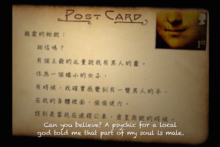
Short Fiction: Binary Star By Sarah Gerard
Extracted from the novel Binary Star, published earlier this year by Two Dollar Radio, Sarah Gerard's prose, both haunted and haunting, possesses a celestial quality seemingly drawn from the beauty of fluttering, astronomical luminescence and the terror of what feels a near-immeasurable vastness. In Binary Star personal reality becomes the vacuum and the horror of the metaphysical numinous abject. (Photograph by Josh Wool)

Jaundiced Reality: Simon Armitage Interviewed
Recent Poetry School Digital Poet in Residence and Selected Poems editor Alex MacDonald speaks to one of the most recognisable names in British poetry, Simon Armitage, about the undercurrent of violence in his work, the perils of being a Northern Poet and his new book of selected poems, Paper Aeroplane

I Love Roses When They’re Past Their Best: Harry Burke Interviewed
Sam Riviere speaks to poet, curator and editor of recently published poetry anthology 'I Love Roses When They're Past Their Best', Harry Burke, about defying borders and boundaries, technological determinism and whether or not poetry should be free


